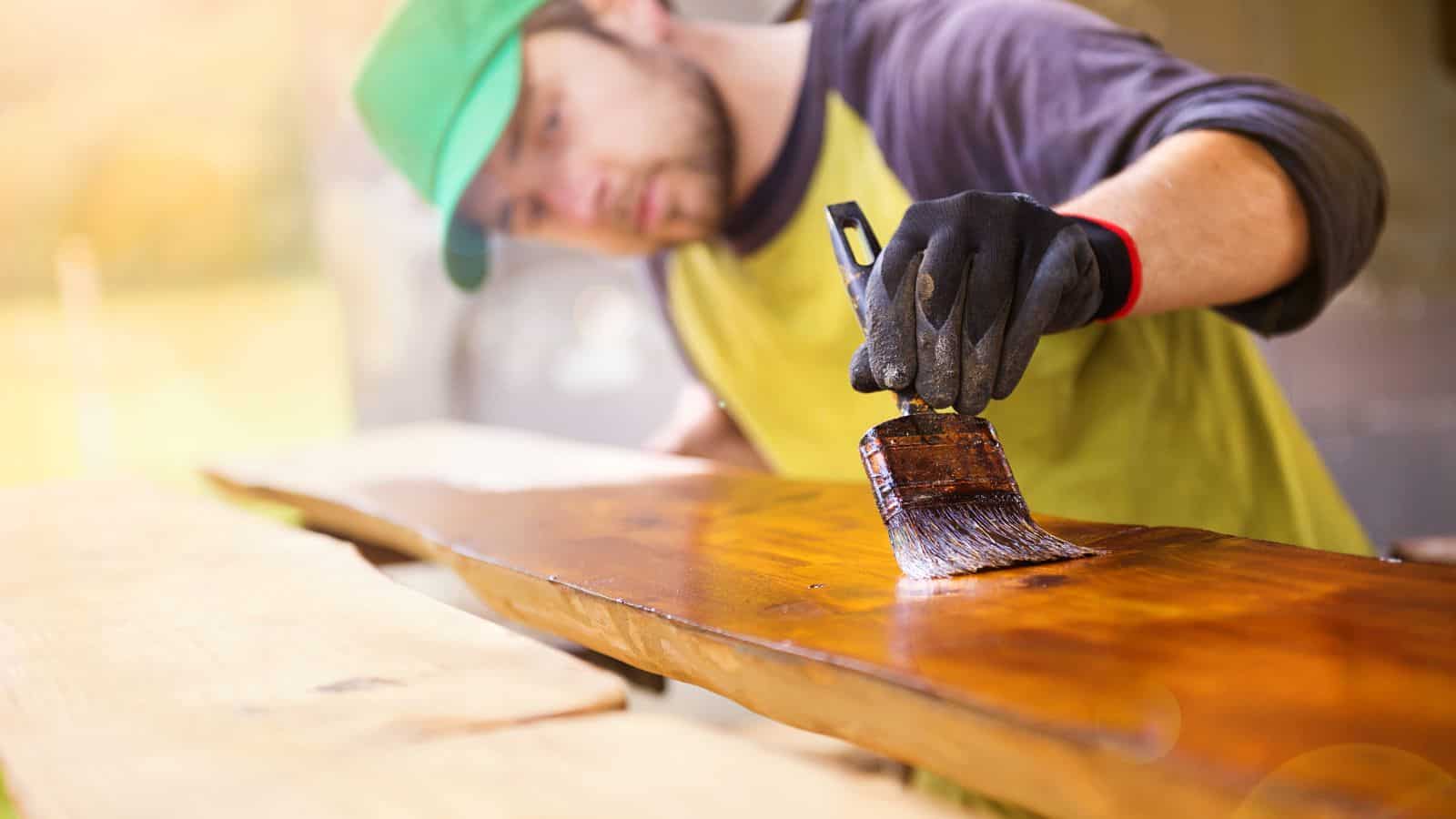Cheapskates often get a bad rap. People view them as misers that do nothing enjoyable in life. While that may be true in some instances, it’s also often a misguided stereotype. In fact, super frugal people typically follow sound financial ideals that truly allow them to optimize their finances. This allows them to achieve what they want in life. Here are 11 things cheapskates do that you might find benefit in as well.
Table of Contents
Driving Luxury Cars

Expensive cars can be fun to drive. However, a truly money-conscious person knows that a car is a depreciating asset. Instead, a frugal person sees a car as something that gets them from point A to point B. That often guides their decision to be as inexpensive as possible.
Furthermore, they do all they can to avoid a nasty monthly car payment. Bankrate reports the average new car payment is $729 and used is $528, as of October 2023. They look for ways to avoid loans if at all possible. If they can’t, they spend as little as possible.
High-End Anything

Buying anything that’s considered high-end is abrasive to any true cheapskate. Whether it be high-end clothing or accessories to luxury vacations, a super frugal person doesn’t see the point.
Instead, they opt to purchase items that meet their needs for as minimum of an expense as possible.
Having a Balance on Their Credit Card

Carrying a balance on your card is good for your credit, right? Wrong. A cheapskate avoids carrying a balance on their credit cards because they know it will cost them interest.
Some frugal people may use a rewards credit card to help them travel hack. However, they rarely, if ever, just use the card to justify making frivolous purchases.
Buy Now Pay Later Apps

A cheapskate knows you must save money to be afford an item you want. Buy now, pay later (BNPL) services fly in the face of that.
They allow you to buy something and stretch out the payments. It’s an interest-free modern version of layaway. However, if you miss payments you can run into fees, or worse. A frugal person practices delayed gratification, or they simply don’t make the purchase.
Paying Bills Late

A cost-conscious person knows that late bills often mean one thing – late fees. Worse yet, it can impact their credit score.
That can negatively affect needs in the future. A frugal person pay their bills on time, and they may even create calendar notifications to alert them of when they need to make payments.
Using Something Only Once

You might be used to tossing something when you no longer find a need for it. That emotion is often lost on those who practice frugality.
Cheapskated see there might be a chance to use the item again. Throwing it away means they will have to spend more to replace it in the future. If they truly believe there’s no need for it they might try to sell it to defray the cost of a replacement.
Shopping For Fun

Shopping isn’t a hobby for a cheapskate. They shop when they have a need, and they compare prices to receive the best value.
If they don’t have a need, they avoid the store because it can only lead to needless spending.
Expensive Cable TV

Frugality dictates that you spend as little on things you want. That includes entertainment. A cheapskate is going to avoid paying to stay in a cable contract.
They have cut the cord on cable and look for affordable, or free streaming services to watch shows and live sports.
Getting Lunch Out

Eating out for lunch is fun, and can be a good way to visit with friends or co-workers. Not so for a cheapskate.
They view eating out as an expensive habit that will drag on their budget. If they can brown bag it, they’ll attend, but if not they’ll avoid the outing.
Calling a Repair Person

A tenet of frugality is DIY. This saves money, and you may even learn something in the process. A cheapskate avoids calling a repair person.
Instead, they instill the help of a friend, or they go to YouTube to see what resources might be available to learn.
Paying Full Retail

A cheapskate knows there is always a way to save money on items they buy. To them paying full retail is the definition of foolish.
They first opt to purchase secondhand. If they can’t find what they want that way, they choose to either go without or find the best available discount to get what they need.
10 Powerful Things to Do if You Have Over $5,000 in Your Checking Account

How much cash do you have in your checking account? It’s possible that you have too much in it. Here are ten things to do if you have over $5,000 in the account.
10 Powerful Things to Do if You Have Over $5,000 in Your Checking Account
Signs You’re Financially Stable

Financial stability is the foundation to achieving financial freedom. Learn how financially stable you are and where you can improve.
33 Signs You’re Financially Stable
Do Dave Ramsey’s Baby Steps Work?

Love him or hate him, Dave Ramsey has helped millions of people get out of debt. That all starts with his Baby Steps ideology. If you’re struggling financially, his system may work for you.
What Are Dave Ramsey’s 7 Baby Steps? Do They Work?
How to Watch Local TV Without Cable

Do you want your local networks, but don’t want to overspend for an expensive live service? You have options.
How to Watch Local TV Without Cable
How to Save Money on Groceries

It can be a challenge to keep grocery costs under control. With a little planning you can cut costs and not sacrifice what you want.
How to Save Money on Groceries
I’m John Schmoll, a former stockbroker, MBA-grad, published finance writer, and founder of Frugal Rules.
As a veteran of the financial services industry, I’ve worked as a mutual fund administrator, banker, and stockbroker and was Series 7 and 63-licensed, but I left all that behind in 2012 to help people learn how to manage their money.
My goal is to help you gain the knowledge you need to become financially independent with personally-tested financial tools and money-saving solutions.






Leave a Reply